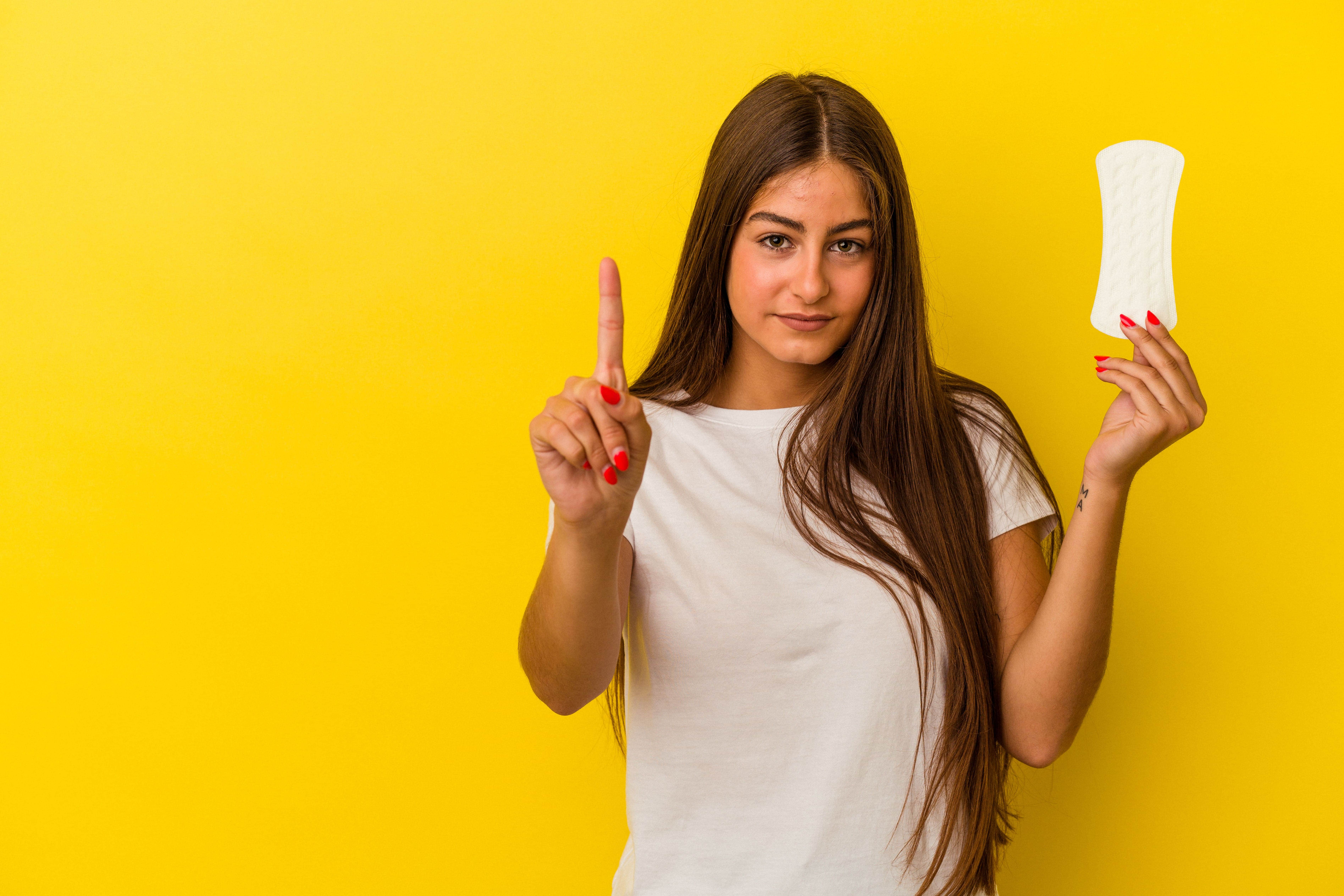Getting your first period can be a perplexing event. It can leave many of us overwhelmed. An even more overwhelming scenario would be to get your first period in school. You’re in class. Suddenly, you notice a bloodstain on your skirt. What do you do?
Being prepared for your period starts with being informed about it. Here’s everything you need to know for your first period.
What is Menstruation?
Menstruation or periods is the shedding of the uterine lining, occuring every 28 days. This phase is marked by bleeding that might last 3-7 days. Periods may vary from person to person.
Prior Signs
Pay close attention to the symptoms you notice before your first period. Your body will signal when your periods are approaching. You may feel breast tenderness, bloating, cramps, mood swings, and vaginal discharge among other symptoms.
Be Prepared
While you can’t always accurately predict when you’ll get your period, you must nevertheless stay prepared. You should always carry spare pads or any other menstrual hygiene product you may need.
Hygiene Practice
It is critical to maintain appropriate hygiene practices during menstruation. Washing your hands before and after changing your pad or tampon, changing your pad or tampon frequently, and showering regularly to keep the vaginal area clean are all examples of good hygiene.
Menstrual pain
Don’t panic if you are dealing with cramps. Period cramps can be painful and hard to bear. Firstly, you should relax and take deep breaths. You can use a hot water bottle on your abdomen to ease the pain.
Stay Hydrated
It is essential to drink enough water throughout your period. Staying hydrated can help prevent water retention and bloating.
Maintain Proper Diet
During periods, eating a well-balanced diet rich in fruits, vegetables, whole grains, and lean proteins is good. These meals supply necessary nutrients and can aid in easing common symptoms such as tiredness and mood changes. Avoid consuming fast food and unhealthy snacks.
Ask For Help
If you’re unsure how to use a pad or tampon, don’t hesitate to seek assistance from a trusted teacher or school nurse. They can give you menstrual health information and answer any queries you may have.
Now, let us talk about what you must not do.
Panic
Getting your period might be stressful, but it is important not to freak out. Remember that menstruation is a normal part of growing up for millions of women across the world.
Feel Ashamed
There’s no reason to be embarrassed or ashamed of your menstrual cycle. It’s a natural body process. You should feel free to discuss it with trusted adults or friends.
Skip School
It is important to continue attending school as usual. If you’re experiencing severe discomfort, consider taking over-the-counter pain relievers or consulting a healthcare practitioner.
To summarise, getting your first period in school can be stressful but there are things you can do to make it less so. Good luck!












